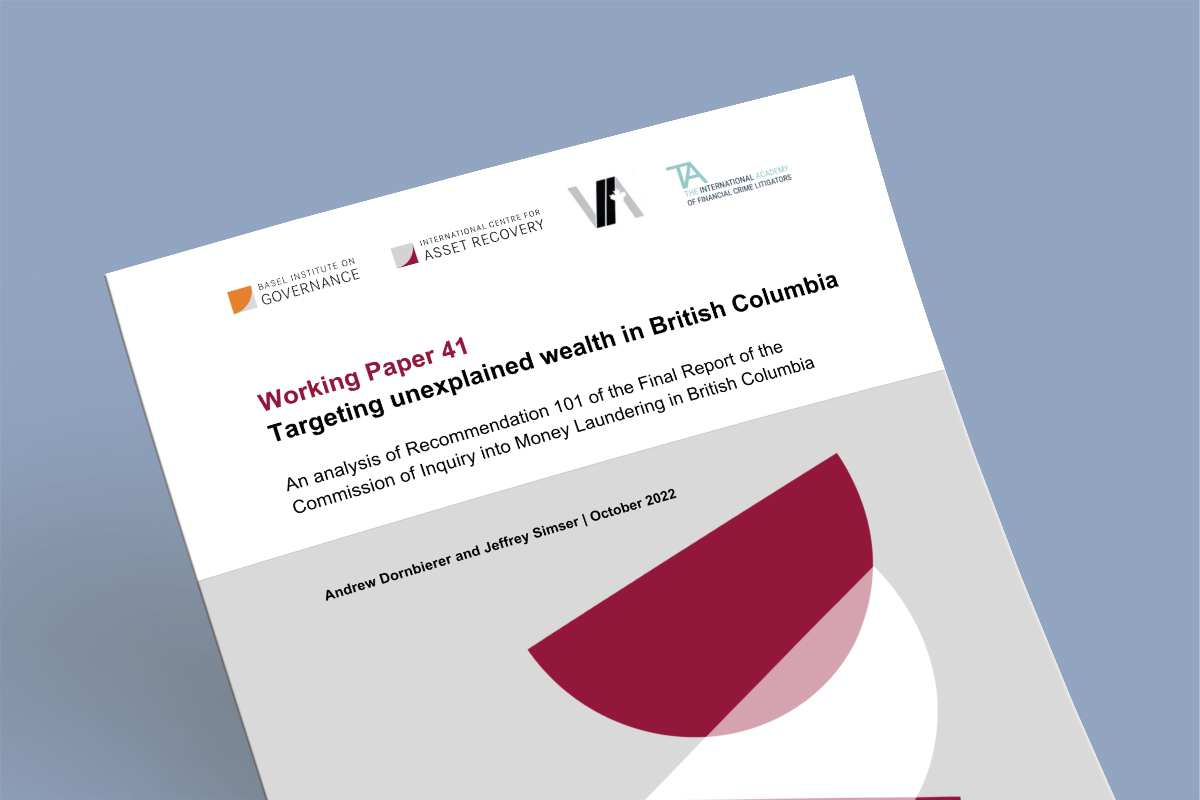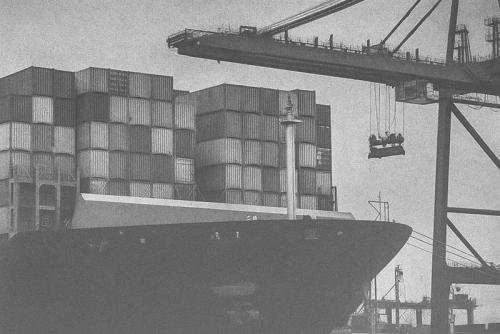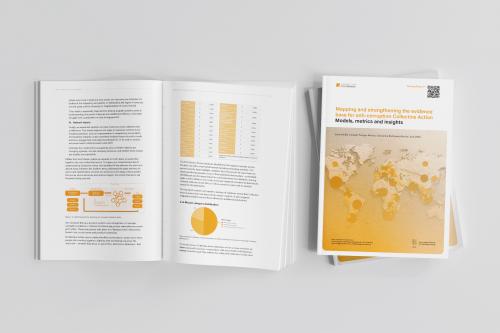Targeting unexplained wealth in British Columbia and beyond – new analysis

“Money laundering is a significant problem requiring strong and decisive action,” concluded Honourable Austin F. Cullen in the final report of his widely discussed Commission of Inquiry into Money Laundering in British Columbia in June 2022.
Despite the billions of dollars of illicit funds estimated to be laundered in British Columbia alone each year, the Commission’s final report found that the “value of assets seized through the asset forfeiture system in British Columbia is shockingly low.” The “failure to vigorously pursue these assets”, the report says, is “a missed opportunity to disrupt and deter the activities of organized crime groups and others involved in serious criminality.”
The Report outlines 101 recommendations to reduce the amount of illicit funds flowing into British Columbia, and to more effectively seize those that do. The 101st of these outlines that the Province should:
“…proceed with its plan to develop an unexplained wealth order regime in British Columbia.”
The Commission recommends the UK’s controversial unexplained wealth order (UWO) as a model. If implemented, this mechanism would empower the British Columbian Civil Forfeiture Office to seek court orders that obligate a person to provide information on how they legally acquired assets suspected of being connected to criminal activity.
If the person fails to comply with the order, a presumption would be made in a separate civil recovery action that the assets are criminal proceeds – potentially subjecting them to forfeiture – despite the fact that no one has been convicted of a crime.
What would a UWO mean for British Columbia?
As part of a collaboration between the Basel Institute on Governance and the Vancouver Anti-Corruption Institute, we have developed a Working Paper that analyses the feasibility of Recommendation 101.
How would a UK-style UWO support efforts to investigate financial crimes and recover illicit proceeds in British Columbia – or indeed in the rest of Canada? Would this mechanism be too powerful, or not powerful enough? What models from other countries could also be emulated? And what constitutional and charter factors should legislators consider to ensure the UWO has the best chance of success?
Our Working Paper explores these issues, and brings in examples from the UK and other jurisdictions that have implemented some form of unexplained wealth mechanism to date.
In brief, we are doubtful that a carbon copy of the original UK UWO would result in the identification and recovery of substantial amounts of illicit funds in British Columbia, particularly given the limited success of the UK’s mechanism so far.
To bolster the chances of success however, lawmakers could adapt certain elements of this model to the British Columbian context, and also consider adopting elements from other legislative models present in Australian and Ireland.
… and beyond?
Additionally, due to the fact that money can be laundered with ease across both provincial and international borders, we believe policy makers should couple any British Columbian initiatives to counter money laundering with wider-reaching initiatives, particularly those recommended by the Commission.
Enhancing dialogue between Canada’s provinces would, for example, help to develop more consistent and coordinated approaches to both UWOs and civil forfeiture mechanisms more generally. At the federal level, it would be useful to explore the feasibility of introducing illicit wealth provisions in the criminal law, to bring the country into line with international anti-corruption treaties, or to include UWO provisions into existing legislation such as the Special Economic Measures Act or the Magnitsky Act.
The findings of the Commission are clear. British Columbia – and Canada – need tools and powers to help uphold the rule of law and prevent the detrimental impacts of organised crime and money laundering on citizens.
As stated in the report,
“…there can be few things more destructive to a community’s sense of well-being than a governing regime that fails to resist those whose opportunities are unfairly gained at the expense of others.”
It is therefore essential that government take decisive action to counter this, including through the introduction of new and stronger mechanisms to target proceeds of crime.
More
- Download the Working Paper.
- The collaboration was facilitated by the International Academy of Financial Crime Litigators, an independent, non-partisan global centre that shapes and advances financial crime litigation practices for the future. The Academy’s co-founder Lincoln Caylor, Partner at Canadian law firm Bennett Jones, has written the foreword.
- Andrew Dornbierer’s open-access book Illicit Enrichment: A Guide to Laws Targeting Unexplained Wealth, was published in open-access format in 2021 by the Basel Institute on Governance and is available in English, French and Spanish. See illicitenrichment.baselgovernance.org or order the paperback via Amazon at cost price.





